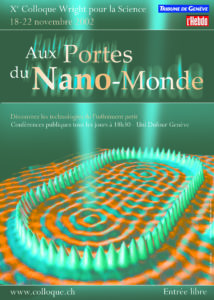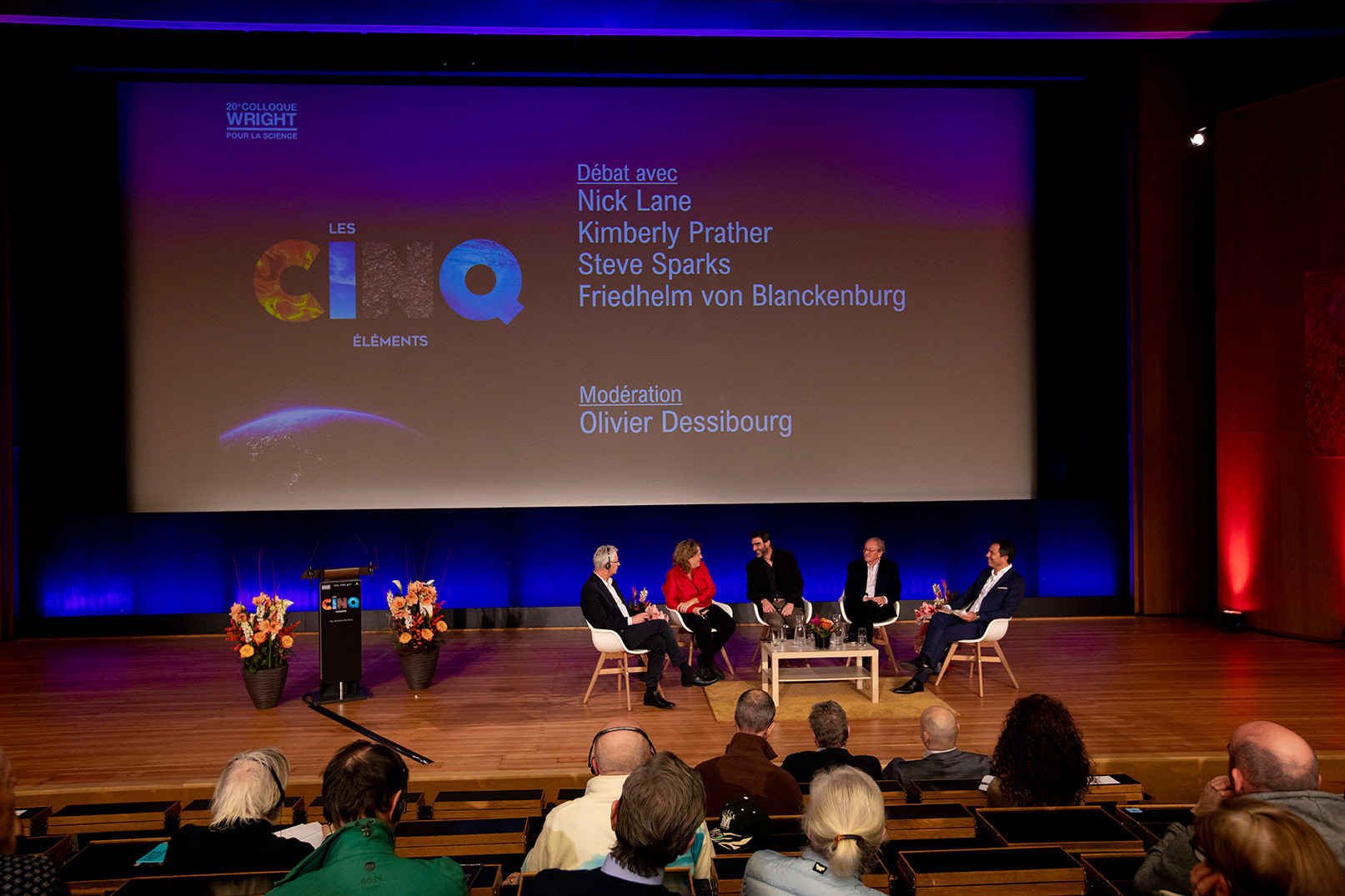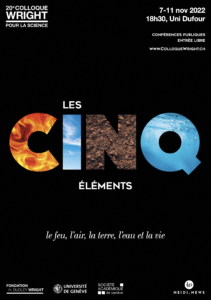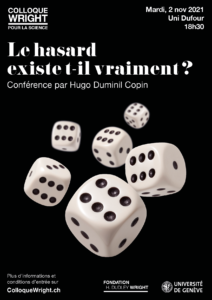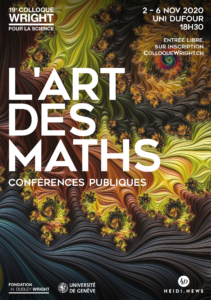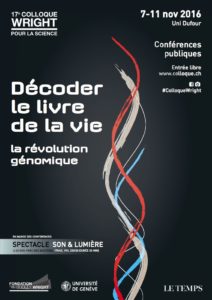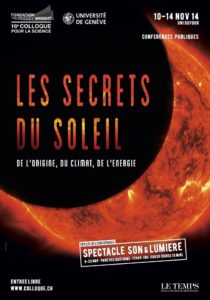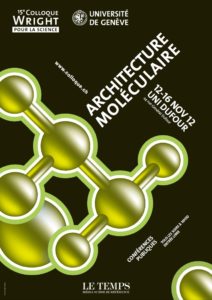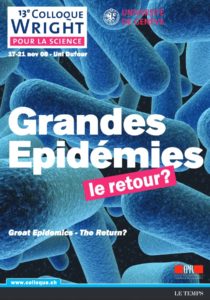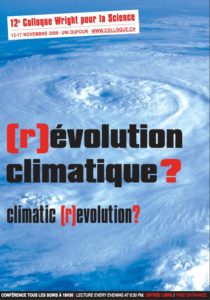The next Wright Colloquium will take place from Monday, November 2 to Friday, November 6, 2026
It will explore the theme of intelligence.
2024 Lectures
nov 4-8, 18:30 - Uni Dufour
Free entrance Simultaneous translation in French and English will be available
The concept of symmetry is familiar to us. It's found in art, music and architecture – and in biology, chemistry and physics. It's in us and around us. But what is not as well known or as obvious are the symmetries that exist in the infinitely large and the infinitely small. These symmetries are intricately linked to the physical laws that govern our Universe. Read more

 Jean-Philippe Uzan
Jean-Philippe UzanCNRS Professor, Paris Institute of Astrophysics
November 4, 2024 - 18:30
More information
 Daniel Baumann
Daniel BaumannChee-Chun Leung Professor, National Taiwan University
Director, Leung Center for Cosmology and Particle Astrophysics
Professor of Theoretical Cosmology, University of Amsterdam
November 5, 2024 - 18:30
More information
 Yasmine Amhis
Yasmine AmhisResearch director CNRS
Laboratoire de Physique des 2 Infinis Irène Joliot Curie
November 6, 2024 - 18:30
More information
 Edmund Copeland
Edmund CopelandProfessor of Physics, University of Nottingham, UK
November 7, 2024 - 18:30
More information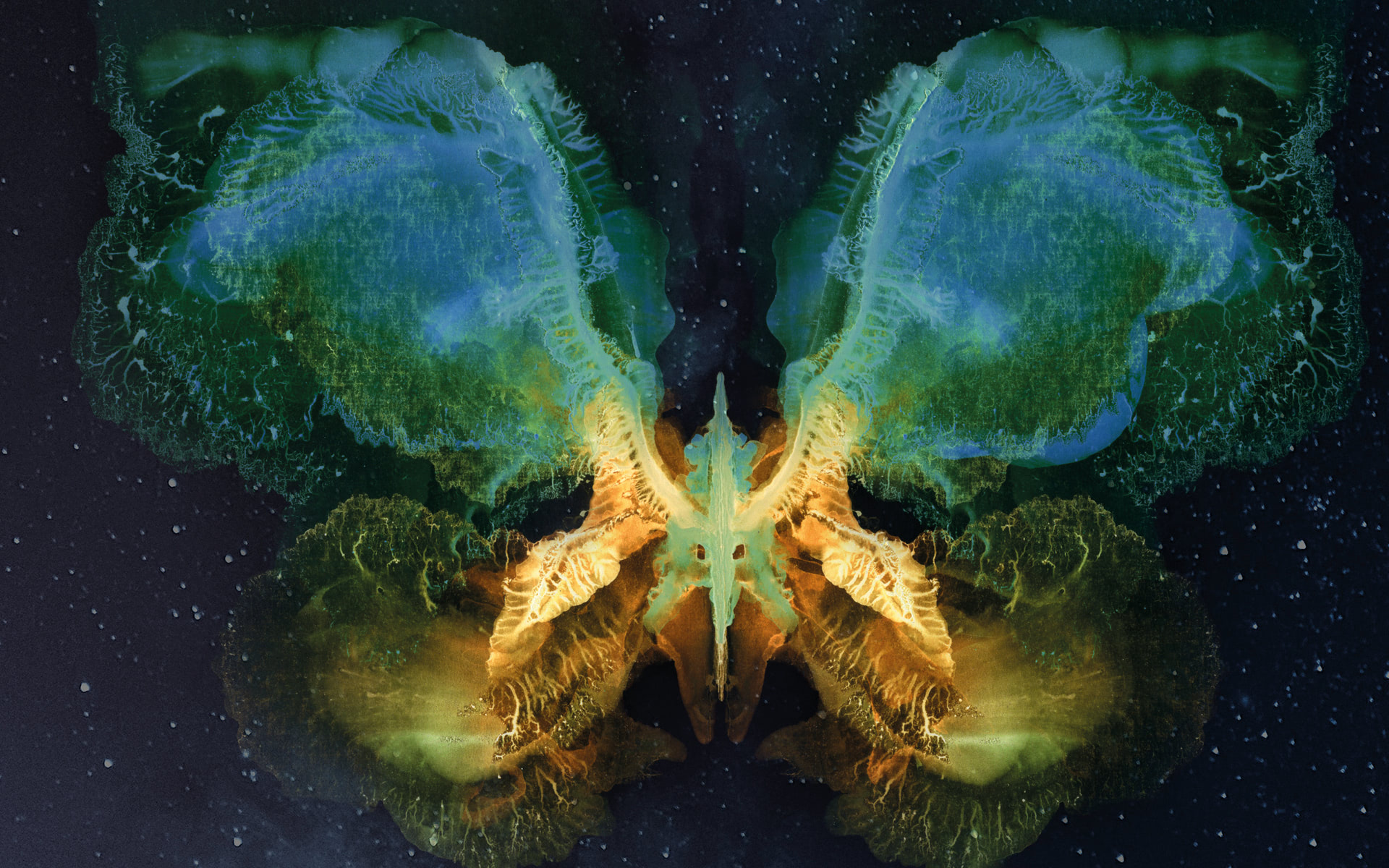
 Enrico Coen
Enrico CoenProfessor at the Department of Cell and Developmental Biology, John Innes Centre, Norwich, UK
November 8, 2024 - 18:30
More informationScienscopes Workshops
Every evening, from 5.30 to 6.30 pm, the UNIGE’s public workshops: Astroscope, Mathscope, Physiscope, Chimiscope, Anthroposcope and Lifescope will be offering the audience experiments and workshops on symmetries to help them discover the conference theme and science in a different way.
For youth
Wednesday, November 6th
As in every edition, youth are honored on Wednesday. An informal meeting is planned during the day between students and the speakers of the Colloquium, encouraging interaction.
Journey in Symmetries
Sound and light show on the MAH

October 27 to November 17, 2024
Every evening, 6:30pm, 7:30pm, 8:30pm
(Duration: 20 minutes)
On the façade of the Museum of Art and History (MAH)
Previous editions

Cellules souches et médecine rgénératrice
